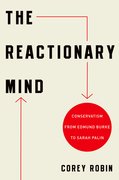Warren Buffett, Taxes, FICA and Social Security
By Edward Zelinsky
Warren Buffett has again called on Congress to raise federal taxes on affluent taxpayers. In an opinion piece in the New York Times, Mr. Buffett urged Congress to increase federal taxes on taxpayers with annual incomes greater than $1,000,000. As he has in the past, Mr. Buffett contrasted his effective tax rate with











